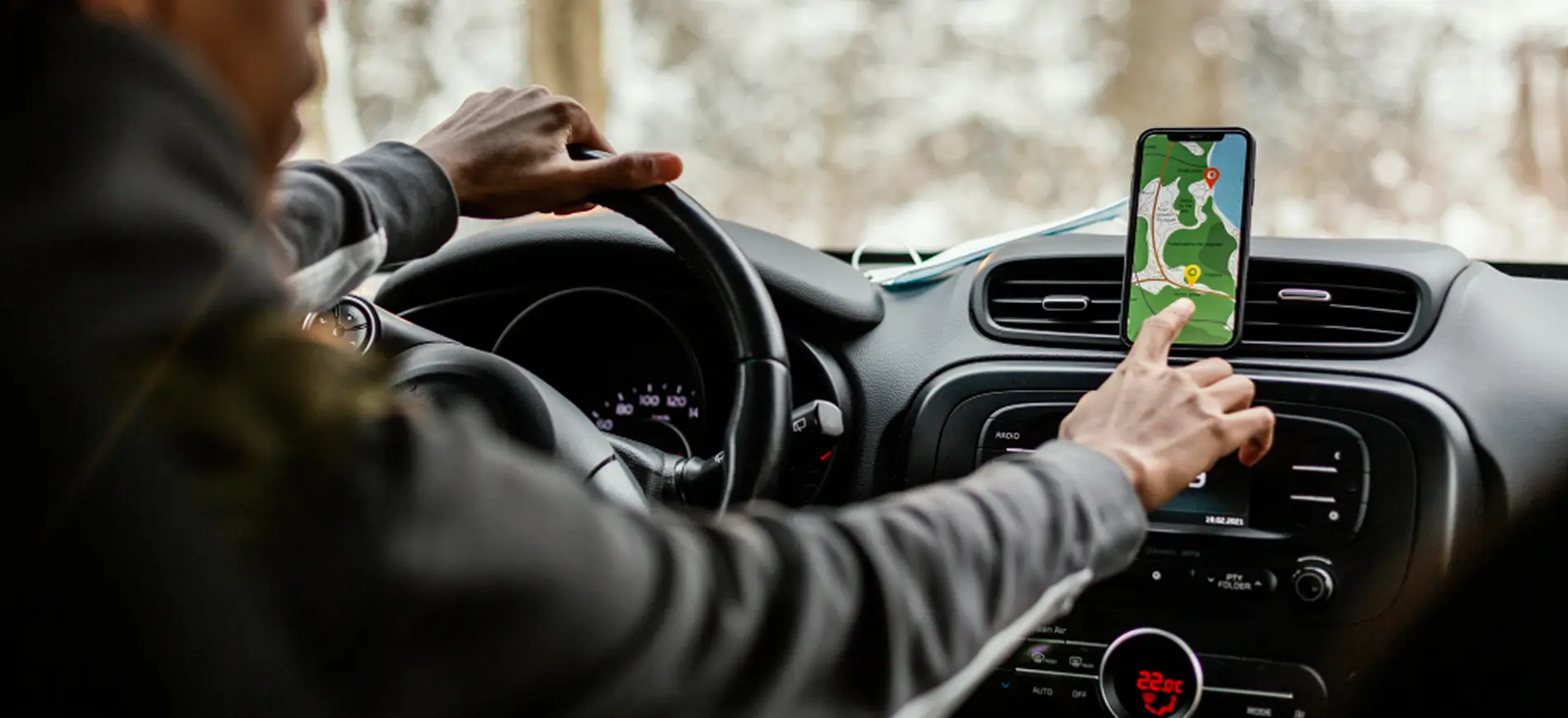

In today’s digital world, innovation has transformed the way we monitor and manage vehicles. Whether you’re an individual wanting extra security for your car or a business managing a fleet, GPS trackers have become indispensable tools.
In this guide, BlueConceptConnect takes you through the essential aspects of car GPS trackers—from selecting the right model to understanding the technology behind them. We’ll explore key factors like tracker settings, transmission frequency, accuracy, network coverage, battery life, and how to identify jammable vs. non-jammable GPS trackers.
Let’s dive into the fascinating world of car GPS tracking technology!
Choosing the right GPS tracker depends on your needs. Here are key features to consider:
In short, the best GPS tracker is the one that matches your specific needs. Need help deciding? Check out BlueConceptConnect’s in-depth recommendations.
A car GPS tracker typically consists of two main modules:
This seamless combination allows real-time tracking from anywhere in the world. Learn more about the technology behind GPS fleet trackers with BlueConceptConnect.
Modern car GPS trackers offer a variety of customizable settings:
Different models offer different levels of customization, so it’s essential to choose one that fits your tracking goals.
The transmission frequency controls how often location updates are sent:
Most devices let you adjust the update frequency to strike a balance between tracking precision and power consumption.
Location accuracy is crucial for vehicle management:
Accurate positioning helps improve fleet efficiency, monitor punctuality, and optimize routes—key benefits for businesses and individuals alike.
Network coverage depends on the communication method used:
Choosing the right network ensures reliable data transmission for your specific location and use case.
Battery life varies based on:
Some devices can last days, while others last several months on a single charge. Many trackers also feature power-saving modes to maximize autonomy during inactivity. Always consider your operational needs when evaluating battery performance.
Not all GPS trackers are equally resistant to interference:
Note: The use of GPS jammers is illegal in many countries due to safety and legal concerns.
Choosing a non-jammable tracker adds a strong layer of security to your vehicle monitoring system.
100% Original product that covered warranty by the vendor.
You have the right to return your orders within 30 days.
Your orders are shipped seamlessly between countries
Your payments are secure with our private security network.

Phone: +590590 272436